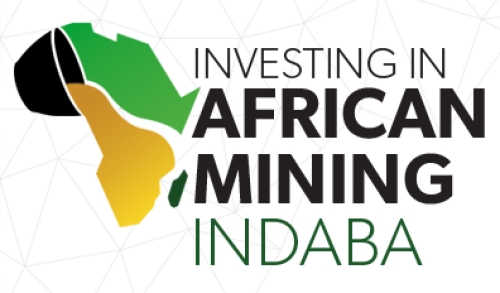Britain has presented the Africa Infrastructure Board as UK companies and the government propose to help with a holistic approach to infrastructure development in Africa.
The presentation was on sidelines of the Mining Indaba in Cape Town, at a roundtable hosted by the UK Department for International Trade (DIT).
The initiative brings together and puts the case forward for choosing the UK as an ideal partner not only to develop projects in the mining sector but to create a holistic solution that will benefit the wider community by developing the associated infrastructure around the project.
The High Commissioner of UK to South Africa, Nigel Casey, mentioned that the UK would be increasing their efforts to work closer with African governments and private sector.
“We felt the need to up our collective game,” he said, “and create a new government industry partnership called the Africa Infrastructure Board, which brings together all the players in the UK whether that is government through DFID, or UK Export Finance, one of our best kept secrets, or the deep pockets of the Commonwealth Development Corporation (CDC), and private sector operators, all operating in one single place to offer an end to end solution.”
Oliver Andrews, Chief Investment Officer at the Africa Finance Corporation (AFC) who was one of the panellists during the roundtable, noted how DFID, the UK’s government development arm, was instrumental in developing the model currently being used in infrastructure project financing.
He also reiterated the importance of the City of London, especially as most contracts are generally governed by UK law. The support network in structuring these deals, that is the legal, capital raising and technical side in London plays a vital role.
Craig Sillars said that the UK was looking at partnering with China on the Simandou Mine in Guinea once they take over the mine to help them develop a holistic solution to develop the local infrastructure and sharing with them the designs they have put together to ensure a sustainable project that benefits the local community as well as getting the high quality iron ore to market.
“The approach we are taking,” he told the participants, “is to produce masterplans that will benefit the communities not only for the next four to five years but the next 60, which is what we are doing in Angola, and that when the mining project is finished the infrastructure will continue to benefit the whole region.”
Francis Gatare, CEO of the Rwanda Mining Petroleum and Gas Board, had said that most of the Rwandan involvement with the UK had been through government, but that private sector interest was growing.

